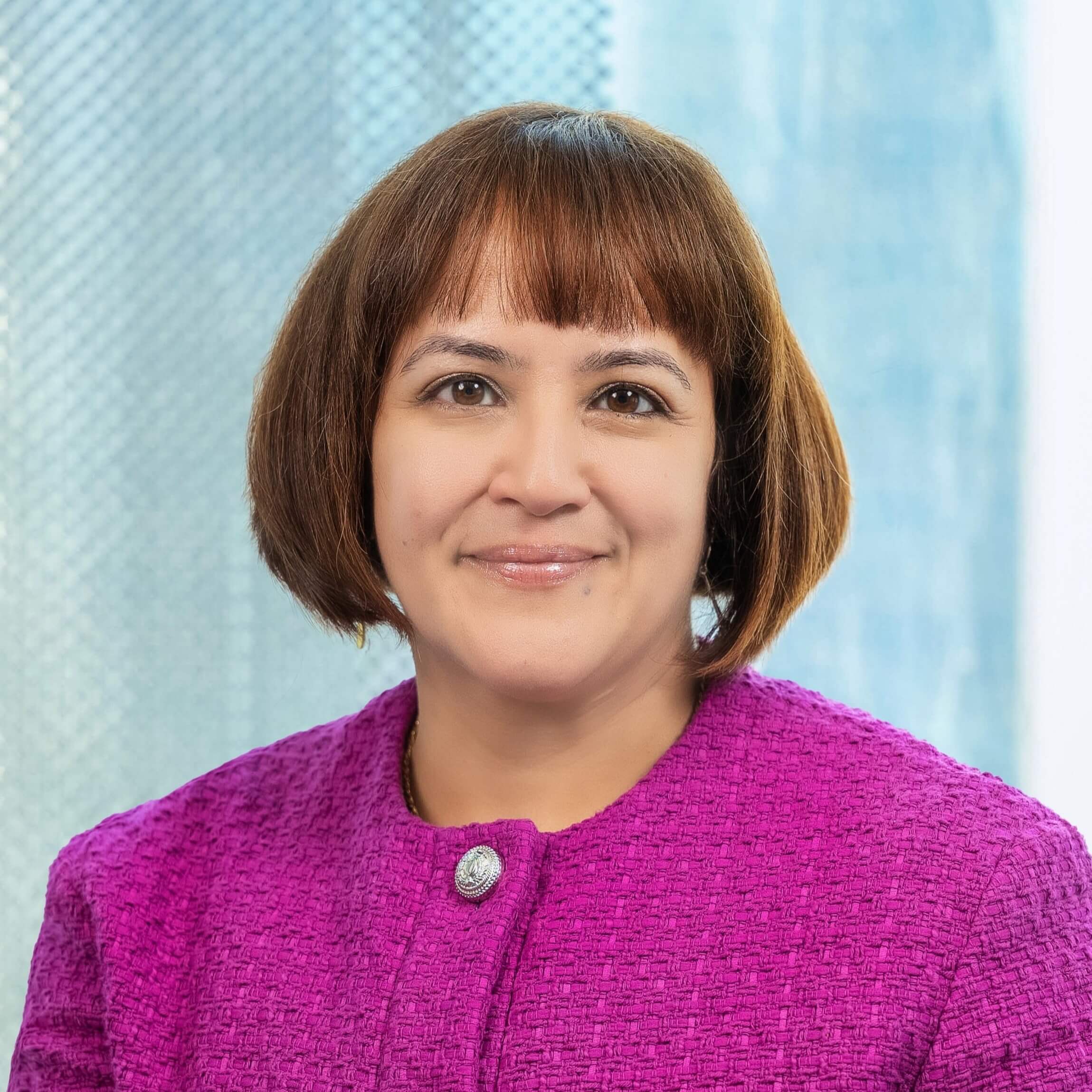Labour Litigation in the United Arab Emirates: The New Process in front of the Ministry of Human Resources and Emiratisation
The introduction of an optional savings scheme in the UAE: The end of an era?
-
Développement en droit 22 novembre 2023 22 novembre 2023
-
Moyen-Orient
-
Emploi, pensions et immigration
Since the introduction of the Dubai Employee Workplace Savings Scheme (DEWS) in the DIFC on 1 February 2020, there has been much speculation on when a similar scheme would be launched under the UAE federal system. This step was taken when resolution no. 96 of 2023 regarding an alternative end of service benefits system was issued as an optional alternative system (the Alternative System) to the end of service gratuity system.
The Alternative Scheme is effective from 10 October 2023 and importantly does not have mandatory application; its adoption is voluntary for employers but in other ways it replicates the DEWS Scheme; for example whilst it replaces the duty to pay end of service gratuity under the Federal Labour Law (No 33 of 2021), the cost of the scheme replicates the formula for end of service gratuity being:
- 5.83% of the monthly basic wage for the first five years of service; and
- 8.33% of the monthly basic wage for service in excess of five years.
The Benefit of the Scheme
Under the Labour Law, payment of end of service gratuity must be made within fourteen days of the employment terminating. However, there is no clear cut obligation on an employer to set aside funds to fund such payments when they become due and whilst there is a duty to accrue for the obligation as a liability in audited accounts, there have been cases where employees lose their end of service gratuity (partially or entirely) due to an employer’s insolvency or bankruptcy or suffer severe delays in receiving payment due to cash flow issues.
As is the case with DEWS, once the employer makes payment of the subscription into the scheme each month (payments must be received by 15th of the month), the contributions are ring fenced into individual employee accounts. Non-payment can result in a fine or other administrative measures being imposed on an employer.
What does this mean for employees?
It is the employer’s choice whether or not to subscribe to the Alternative Scheme and once the election is made the employee can choose from three available types of investments:
- Capital guarantee – unskilled workers must invest in this option (also available to skilled employees);
- Risk based – skilled employees may opt into this (those in professional level 1-5 and paid a min of AED 4,000/month); and
- Sharia compliant
Employees may make additional voluntary contributions, subject to a statutory cap of 25% of their monthly remuneration. Any voluntary contributions made may be withdrawn in full/part during the term of the employee’s employment, and may be retained in the fund post termination, at the discretion of the employee.
What happens to the accrued end of service gratuity?
There does not appear to be the option of paying any accrued end of service gratuity into the fund as of the date the employer chooses to enrol its employees into the Alternative Scheme. The end of service gratuity will therefore be ring fenced and deferred for payment on the termination of an employee’s employment. As per article 5(3) of the relevant law, the end of service gratuity accrued prior to opting into the Alternative System will not be based on the employee’s final basic salary but will be based on the basic salary the employee received at the time of opting into the scheme, which again differs to the position under the DEWS Scheme.
Fin

